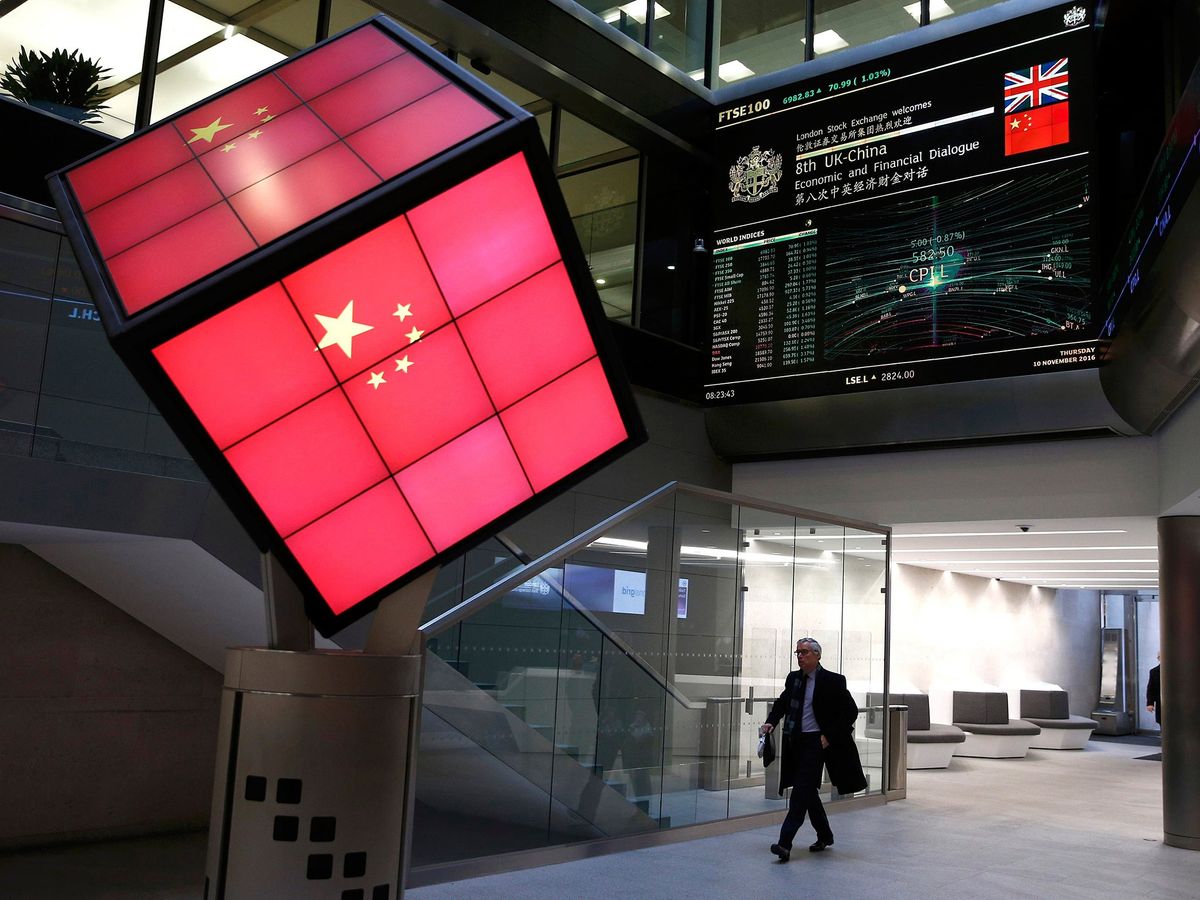China is the epicenter of global tech production. What does that mean for the global economy?

A few minutes every morning is all you need.
Stay up to date on the world's Headlines and Human Stories. It's fun, it's factual, it's fluff-free.
China’s recent growth in the tech sphere has in many ways come as a result of the US’ tariffs on exports, with China making moves to reduce dependence on foreign countries altogether and vertically integrate entire supply chains within the country.
After decades of gaining power over the global tech industry by monopolizing on rare earth minerals and providing relaxed enforcement on its biggest tech conglomerates, China now finds itself at the epicenter of global tech production.
The control that China has over things like the global semiconductor trade has massive implications for unilateral economic strategies currently playing out between the United States and China, warned a senior International Monetary Fund (IMF) official in a Bloomberg report on April 15.
“The world is such an integrated place,” the head of the IMF’s China mission Helge Berger told Bloomberg, “If you stop exchanging knowledge across countries or borders you will ultimately pay a price, and this could be fairly high.”
That price could be as high as losses of around 5% to the gross domestic product of many countries, a price significantly higher than the losses of around 0.4% seen in recent years as a result of the trade war between the US and China.
The trade war was initiated in 2018 under President Trump who slapped billions of dollars’ worth of tariffs on Chinese goods. The tariffs were a sharp contrast to the years of more subtle and multilateral efforts by the Obama administration to move China toward democracy, efforts that Obama’s vice president, current President Joe Biden, has chosen not to entirely revert to.
Earlier this month, the Biden administration added the names of seven China-based supercomputing companies to the list of entities that US companies can’t sell to without special permission.
Though the Biden administration is still reviewing the policies put in place by the Trump administration that saw tariffs placed on more than US$300 billion in annual exports, Biden has indicated that his policy toward the matter would be generally similar.
This could prove to be problematic on a global scale, research from the International Monetary Fund (IMF) indicates, as it could see countries with more dependent economies forced to choose between trade with either the US or China.
China’s recent growth in the tech sphere has in many ways come as a result of the US’ tariffs on exports, with China making moves to reduce dependence on foreign countries altogether and vertically integrate entire supply chains within the country.
One example comes from Empyrean Software, a Beijing-sponsored chip design tool making company that promised “to help the country get rid of its dependence on foreign companies” by 2030. Chip design tool making is an industry largely controlled by the US, but companies within China (and funded by Beijing) are looking to fill the gaps to make the country more independent.
With this growth, though, China has been forced to start paying closer attention to tech giants like Alibaba and Tencent.
Earlier this month, Tencent confirmed that its chief executive officer Pony Ma, who also happens to be China’s second richest man, had met with Beijing’s antitrust authority. The company stated that the meeting was entirely normal, but rumors flew immediately that the company would likely experience some pressure from Beijing.
Late last year, the Chinese Communist Party blocked Ant Group’s initial public offering, which would have been the largest IPO in history.
This came after Jack Ma, the CEO of Alibaba and the richest man in China, spoke out against Chinese regulators, saying they operated with a pawnshop mentality. The official reason for the blocking of the IPO was that Ant Group had failed to abide by financial regulations, but many believed the decision was largely political.
China has now moved to tighten regulations around data collection, a decision that will seemingly target Alibaba and Tencent, but that will also prepare China for the next generation of internet usage, an area in which it clearly intends to compete with the US.
Have a tip or story? Get in touch with our reporters at tips@themilsource.com




Comments ()